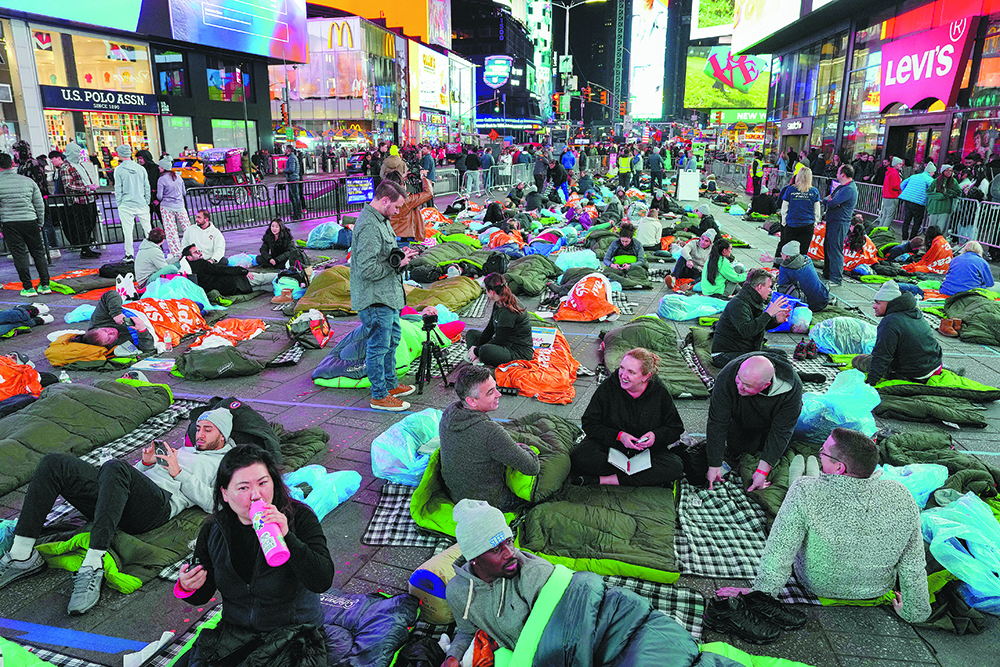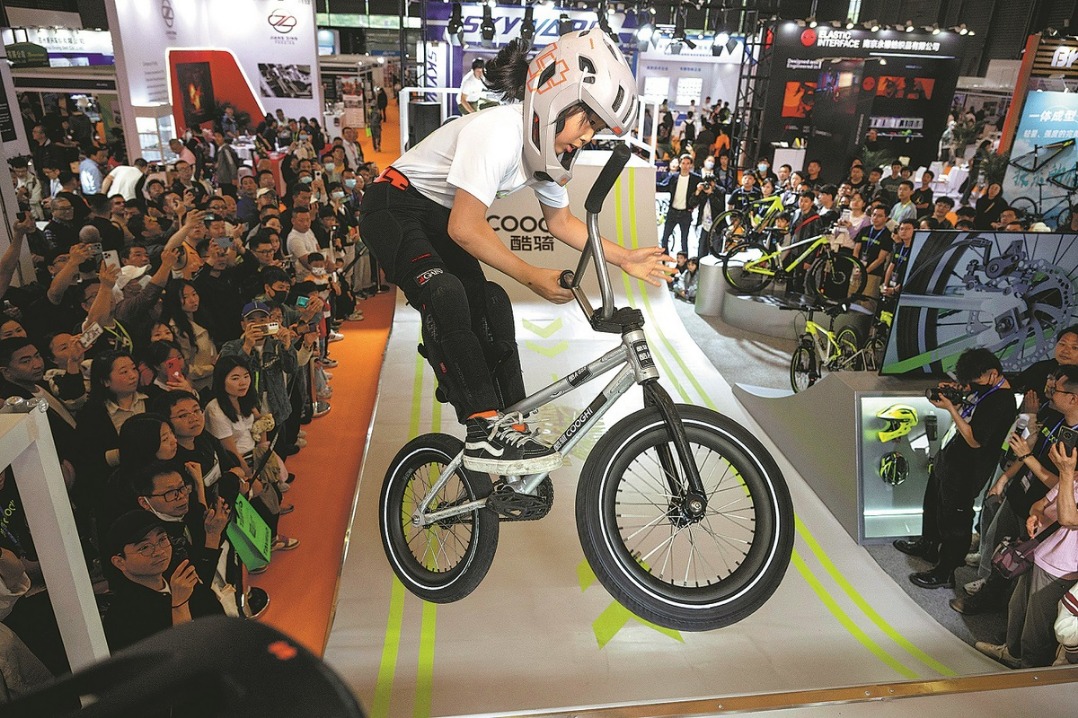US people living in cars find solace in safe parking

Job but no house

Contrary to popular belief about who is homeless, Safe Lot case workers across the country said they see people "no one would ever expect to be homeless" arrive each night.
Many are educated, professional and middle class with a full-time job but no home. Some earn too much money to claim public assistance; others have exhausted the option of staying with family and friends.
Graham Pruss, an anthropologist and director of the National Vehicle Residency Collective, a network of vehicle residents, social service providers and legal experts that support people living in their vehicles, said: "A man reached out to me and was a community college professor in Southern California. He teaches 10 classes, he works. He has two master's degrees.
"He teaches at three different community colleges. He's an adjunct professor and he lives in a safe parking program because he doesn't make enough money to pay rent with all of his student loans."
The median housing rent nationwide was $2,011 a month in September, according to the website rent.com.
Curtis of the Colorado Safe Parking Initiative said: "Housing prices far exceed affordability even for families earning more than 100 percent of the area median income."
Inflation has pushed up the price of food, stretching budgets further and leaving many people with poor credit and medical debts facing difficult decisions on housing.
"There are many people who live in vehicles but do not identify as homeless," Pruss said. "They see their vehicle as their home."
In most cities strict parking regulations mean a car must be moved at some points during the day and evenings. If it attracts many parking tickets it can be towed away.
Curtis said many municipalities have enacted zoning and right-of-way ordinances that intentionally make it difficult to use one's vehicle as shelter.
In Los Angeles the Homeless Outreach Program Integrated Care System, a nonprofit group, offers an all-inclusive agency for the homeless.
The group, founded by Mike Neely, a former Skid Row resident and homeless veteran, is partly funded by the Los Angeles Homeless Services Authority.
Jaleah Nolan, case manager for safe parking at the Homeless Outreach Program Integrated Care System, helps single adults and families with storage, obtaining documents and setting up interviews with landlords. Clients can also get motor vehicle repairs once a year and, for those who stay, hygiene supplies, toilets, showers and housing support.
"LA is very big," Nolan said. "Homelessness is huge here. And I think safe parking is good because a lot of people don't really do well at shelters.
"A lot of times people have trauma at shelters. And a lot of times shelters don't have somewhere to park their car, their car is their storage... or their safe spot."
The program serves about 40 clients a night on three different lots, and about 30 percent have full-time jobs, Nolan said. There is also a security guard.
Los Angeles, known for its opulence and wealth in areas such as Bel Air and Beverly Hills, also has about 66,000 people who are homeless on any given night, with 39 percent said to be living in a vehicle.
From 2019 to 2022 the number of mobile homeless in Los Angeles rose from 16,500 to 19,400, the UCLA Lewis Center for Regional Policy Studies said. The first Safe Lot in the county opened in 2017; today the city has 17.
In Washington state, another area of the country blighted by homelessness, there are 12 Safe Lots. Seattle's 2022 budget included $15.4 million for new investments in homeless services, including $1.5 million for vehicle residency outreach and Safe Lots.
"There are a wide variety of people who are living in their vehicles," said Pruss of the National Vehicle Residency Collective.
"Rather than separating people based upon the type of vehicle or their perceived income levels, or their social status, or even their race, ethnicity, or gender, I think it is more helpful to understand how the use of the vehicle as housing is of benefit for the person. And how we as a society can lean into better support that in ways that is healthy, safe and beneficial to our total community."
























